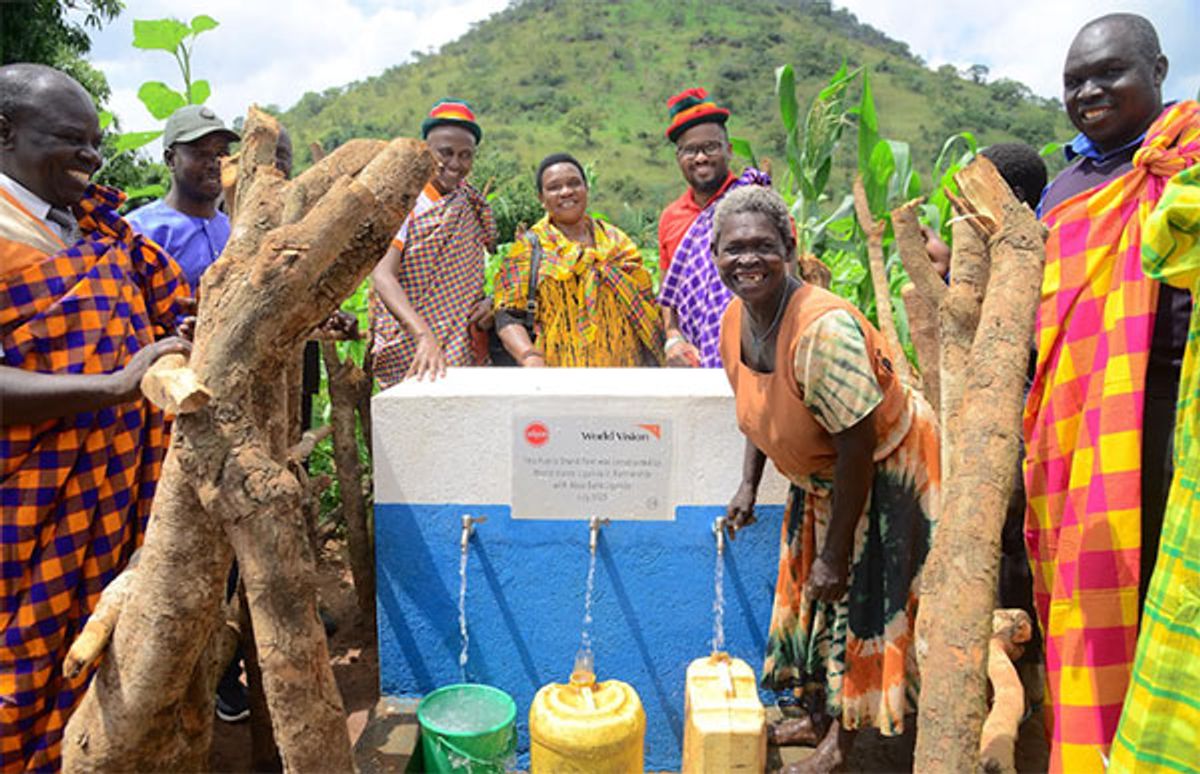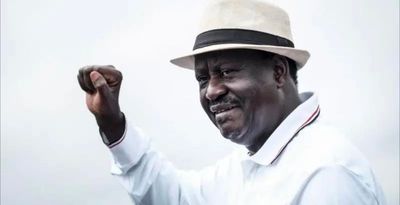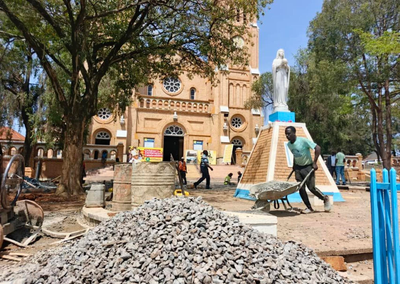
For the children of Barotukei Primary School, located about 40 kilometres from Abim town, the school day used to begin not with lessons, but with a two-kilometre trek to fetch water—a task largely shouldered by young girls. That reality has now changed, thanks to a new solar-powered water system that is transforming both education and daily life in the community.
The project, funded by the proceeds of the 2025 Absa KH3-7 Hills Run and implemented in partnership with World Vision, now serves over 4,000 people in Barotukei. It marks the second phase of the run’s outreach, following a similar initiative in the neighbouring Awach community in 2024.
The system features a 101-meter-deep borehole powered by 12KW solar panels, feeding a 10,000-litre tank that supplies clean water to 12 strategically placed public stand posts, including four within the school grounds and eight across the wider community. Previously, villagers spent hours pumping water from scattered boreholes; now, clean water is available instantly.
For many residents, the project is deeply personal. Auma Margaret, a lifelong Barotukei resident, described the transformation:
“I have always had to rely on streams that required serious boiling before any use. I appreciate the opportunity to have access to water that is clear, clean and nearby.”
Boosting Education, Especially for Girls
The greatest impact of the project is on education. Headteacher Ojuma Joel Ploba explained that girls, in particular, often dropped out in upper primary due to the burden of fetching water and inadequate menstrual hygiene facilities.
“This water is a big contribution towards the future I envision, where the school can retain and graduate more students,” he said.
The water system is complemented by a new WASH facility under the “Keep A Girl Child In School” initiative, ensuring that girls no longer miss critical school days. Primary Six pupil Apio Martha expressed her relief:
“I’m grateful for my senior woman teacher. She taught us about menstrual hygiene practices and how to make reusable pads to replace the rags I used after I first got my period.”
To ensure long-term functionality, the system is managed through community ownership. Three members from each committee receive training on operations, while the district water board safeguards the water source from potential damage caused by local wildlife.
Janet Grace Akech Okori-Moe, Woman MP for Abim, who officiated the project commissioning, highlighted its significance:
“The people of Barotukei take this project as our own. We thank everyone involved for this transformative gift.”
The solar-powered water system represents a holistic investment in health, education, and community development. For the children of Barotukei, especially girls, a simple turn of the tap now opens a world of opportunities—reducing school absenteeism, improving hygiene, and allowing more time for learning.
The project underscores how innovative solutions, combined with community engagement and sustained support, can empower the next generation, ensuring that the steps taken during the 2025 Absa KH3-7 Hills Run have a lasting impact for years to come.














Marlene Luwedde
Leave a Comment
Your email address will not be published.